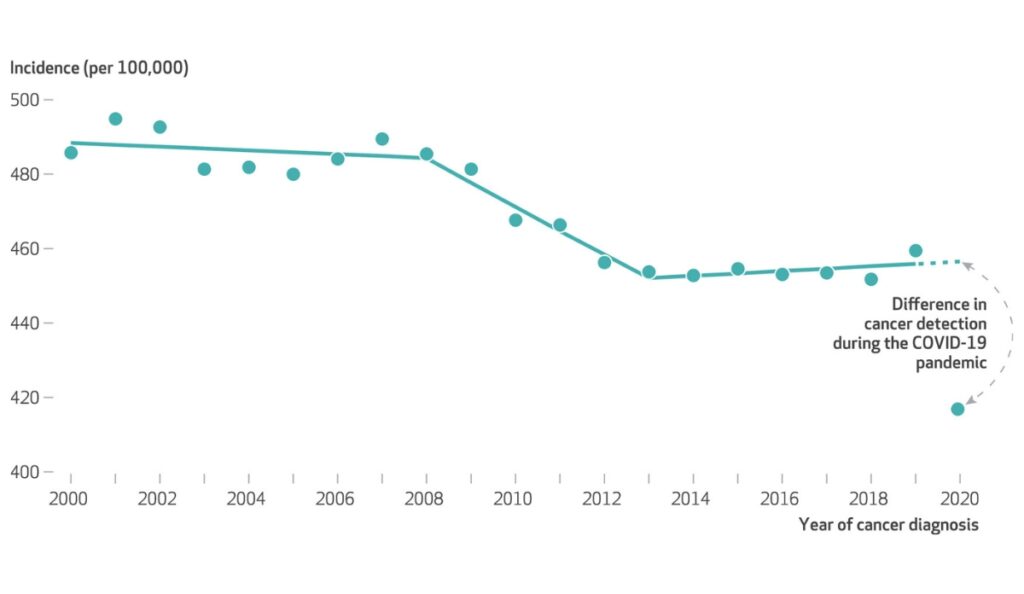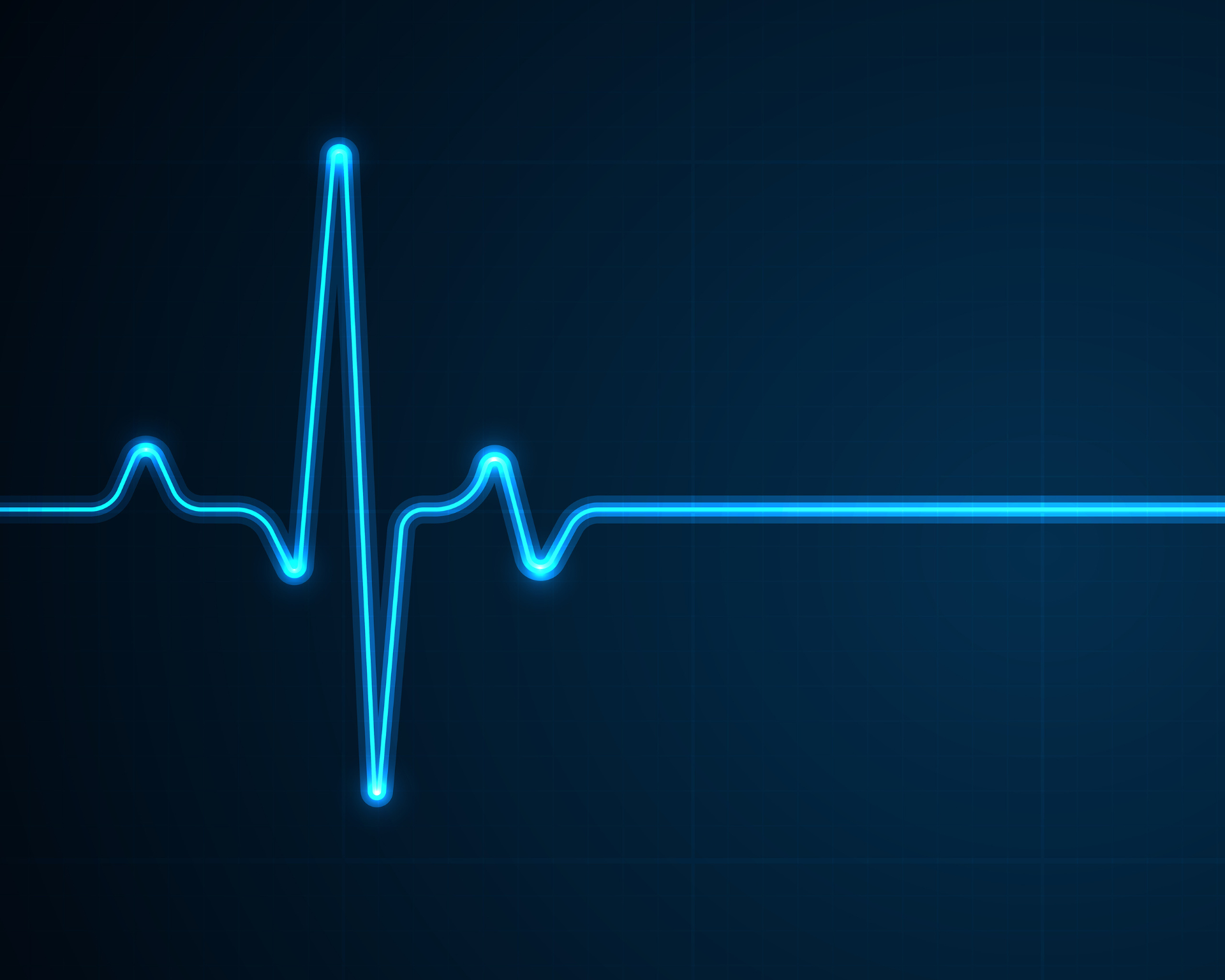The Missing Case of Cancer Screening Data
The COVID-19 pandemic disrupted many routine health care visits, including cancer screenings, resulting in an undercounting of cancer diagnoses.

Read Time: 2 minutes
Published:
Did you get a check-up during 2020?
If not, then you are among the 29% of Americans who did not schedule or attend preventive health care visits during the first months of the COVID-19 pandemic. Medical center closures, fear of viral exposure, and financial hardship were among the reasons that many of us did not seek care.
Doctors encourage patients to get annual physicals. During these appointments, they often discuss and schedule recommended cancer screenings. Individuals who do not seek preventative care may miss out on getting screened.
Uriel Kim and colleagues questioned if disrupted health care during the pandemic impacted cancer diagnosis rates. They used data from the National Cancer Institute’s Surveillance, Epidemiology, and End Results Program to estimate what cancer rates would have been if screening had continued at pre-pandemic levels. Then, they compared their prediction to the recorded diagnoses for 2020.

If screening rates for cancers followed the trend from previous years, the number of cancer cases would have been 8.7% higher than the recorded number. To put this into perspective, if 1,000 individuals would have been diagnosed with cancer in 2020 under normal circumstances, 87 of those cases went undiagnosed because of missed screenings.
While trying to avoid medical settings during the pandemic, patients might have only sought care once their cancer became symptomatic. The lack of cancer screening may lead to the detection of more late-stage cancers, which are more difficult to treat and have lower survival rates than those found in less advanced stages.
Post-pandemic, people have not yet returned to regular health care routines, so current cancer cases might still be going undetected. The investigators call for continued surveillance of cancer diagnosis trends and efforts to re-establish patients’ screening habits.
Databyte via Uriel Kim, Siran Koroukian, Johnie Rose, et al. US Cancer Detection Decreased Nearly 9 Percent During The First Year Of The COVID-19 Pandemic. Health Affairs, 2024.
Photo via Getty Images



